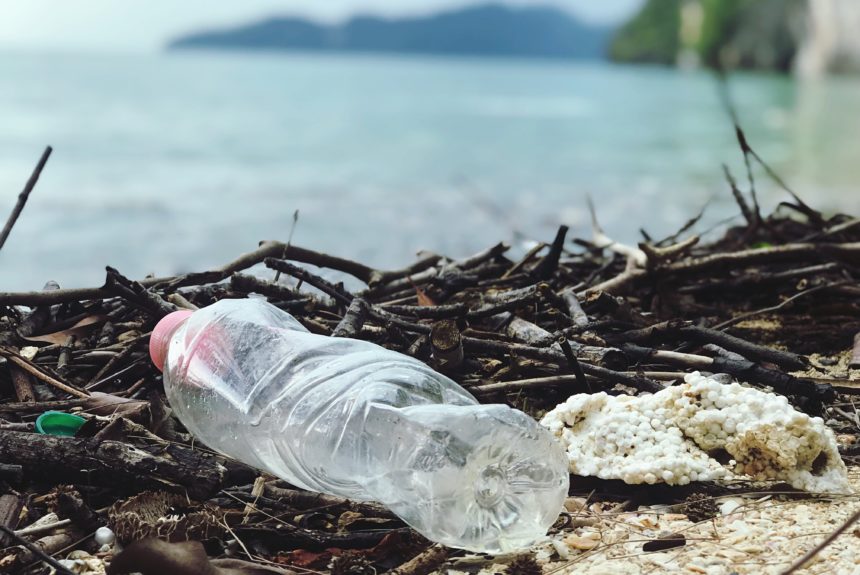By Kelvey Vander Hart
In our cultural moment, there is an item provoking environmental ire more than anything: the plastic straw. Banned in states like California, cities such as Seattle, and corporations across the nation, Americans are waging war against this item. But in focusing on plastic straws, we are ignoring the negative environmental impact of other everyday items.
Here are seven everyday items that are more environmentally harmful than plastic straws:
Six-Pack Plastic Rings
The set of plastic rings holding your six-pack of beverages together is extremely deadly to animals. Especially harmful to marine life, this object causes death by choking, ingestion, or deformities by wrapping around an animal. Cutting through rings before disposing of them is crucial but buying beverages in glass bottles or paper cases allows these objects to be completely bypassed.
Microbeads
Microbeads are seemingly harmless ingredients found in many beauty and cleaning products. But these small pieces of plastic are not captured by most wastewater treatment facilities, and their persistent presence in water causes trouble for humans and animals alike. They tend to absorb toxins and are ingested by smaller animals and move their way up the food chain. Avoiding products that contain this ingredient is the best way to keep them out of the water.
Wet Wipes
Whether they are used for cleaning or for hygiene, wet wipes are causing several environmental problems. From the “fatbergs” popping up around the world to wet wipes continually washing up on beaches and coating riverbeds, these disposable items are difficult to break down, litter our planet, and can be ingested by wildlife.
Plastic Adhesive Tape
Plastic tape seems like an unlikely culprit. However, since it is normally used on recyclable items like paper and cardboard, it can interfere with the recycling process. It cannot be recycled, and the sticky residue it leaves behind can make something unrecyclable. If this type of tape is burned, it also releases harmful air pollutants. More sustainable options include paper or cello tapes.
Toothbrushes
Our toothbrush is a small thing that has a large environmental impact. It is estimated that Americans throw away over one billion toothbrushes every year, and since these items are extremely difficult to recycle, they end up in landfills or littering places around the planet. Kahi Pacarro, the founder of Sustainable Coastlines Hawaii, often finds anywhere from 20 to 100 plastic toothbrushes during Hawaiian beach cleanups. Using bamboo toothbrushes or toothbrushes with reusable handles can help cut down on such waste.
Disposable Razors
In the 1980s, the Environmental Protection Agency estimated that Americans threw away two billion disposable razors and cartridges every year; they no longer track this item, but it is widely assumed that the numbers have increased. Since razors are usually made of mixed metals and plastics, there is not a good way to recycle them. A sustainable option making a return is the old-fashioned safety razor; using a razor with a reusable handle is also a good alternative to the completely disposable razor.
Single-Use Plastics
Plastic straws are certainly included, but this category covers a range of items that should not be ignored. When discussing the impact of plastic straws, one could just as easily be talking about plastic grocery bags, plastic drink bottles (with the ingestion of plastic bottle caps being a leading cause of death for marine life), plastic cutlery, or plastic produce bags. Plastic offers a unique environmental challenge and reducing dependence on single-use plastics is a good practice.
This list could be even longer. Eliminating the use of products that harm the environment is always a good demonstration of personal responsibility, so why should our focus be on plastic straws alone? While it may be trendy to focus on and attempt to ban a single common item, truly sustainable living requires a broader focus.
Kelvey Vander Hart is a native Iowan, a member of the American Conservation Coalition, and a communications specialist at Reason Foundation.
The views and opinions expressed are those of the author’s and do not necessarily reflect the official policy or position of C3.
